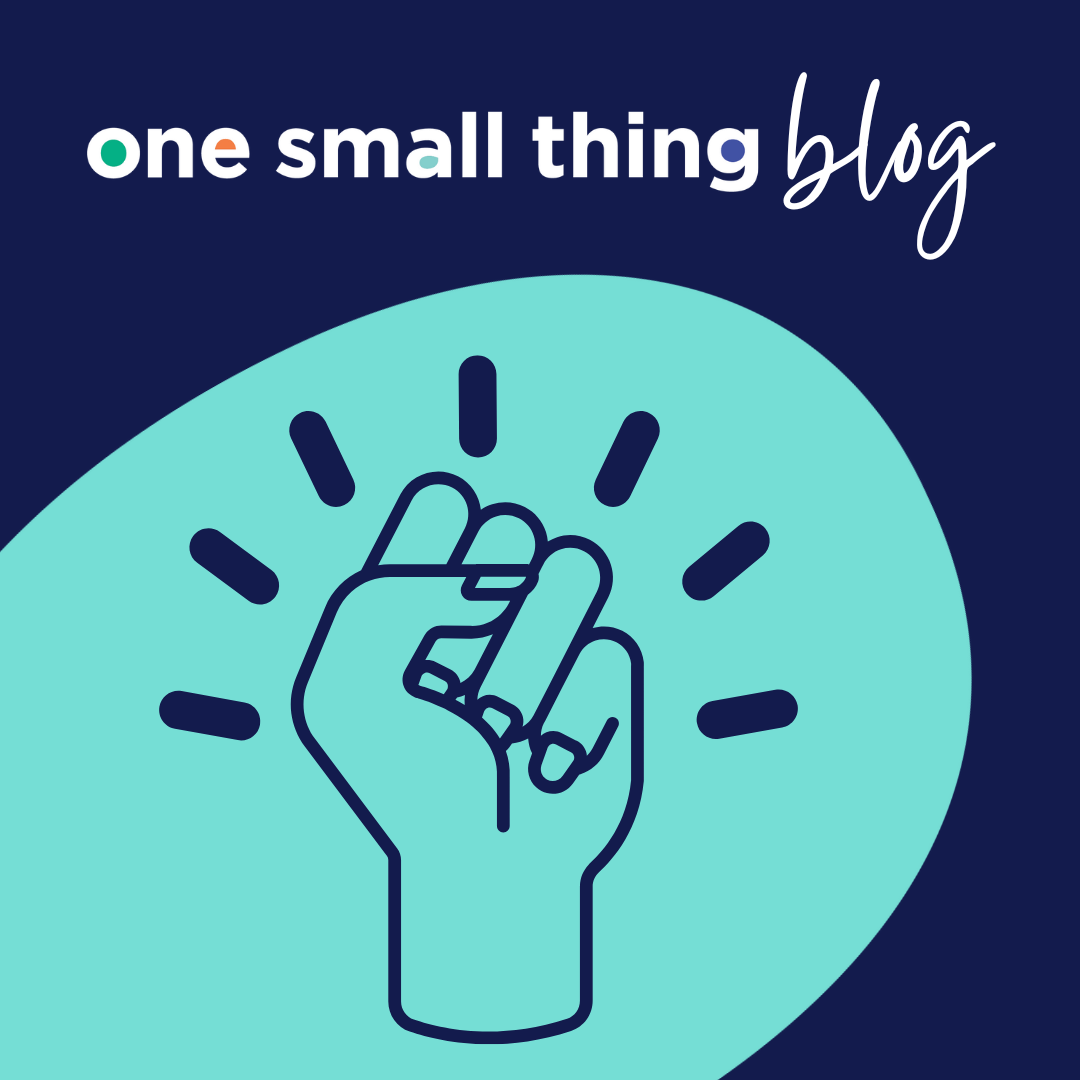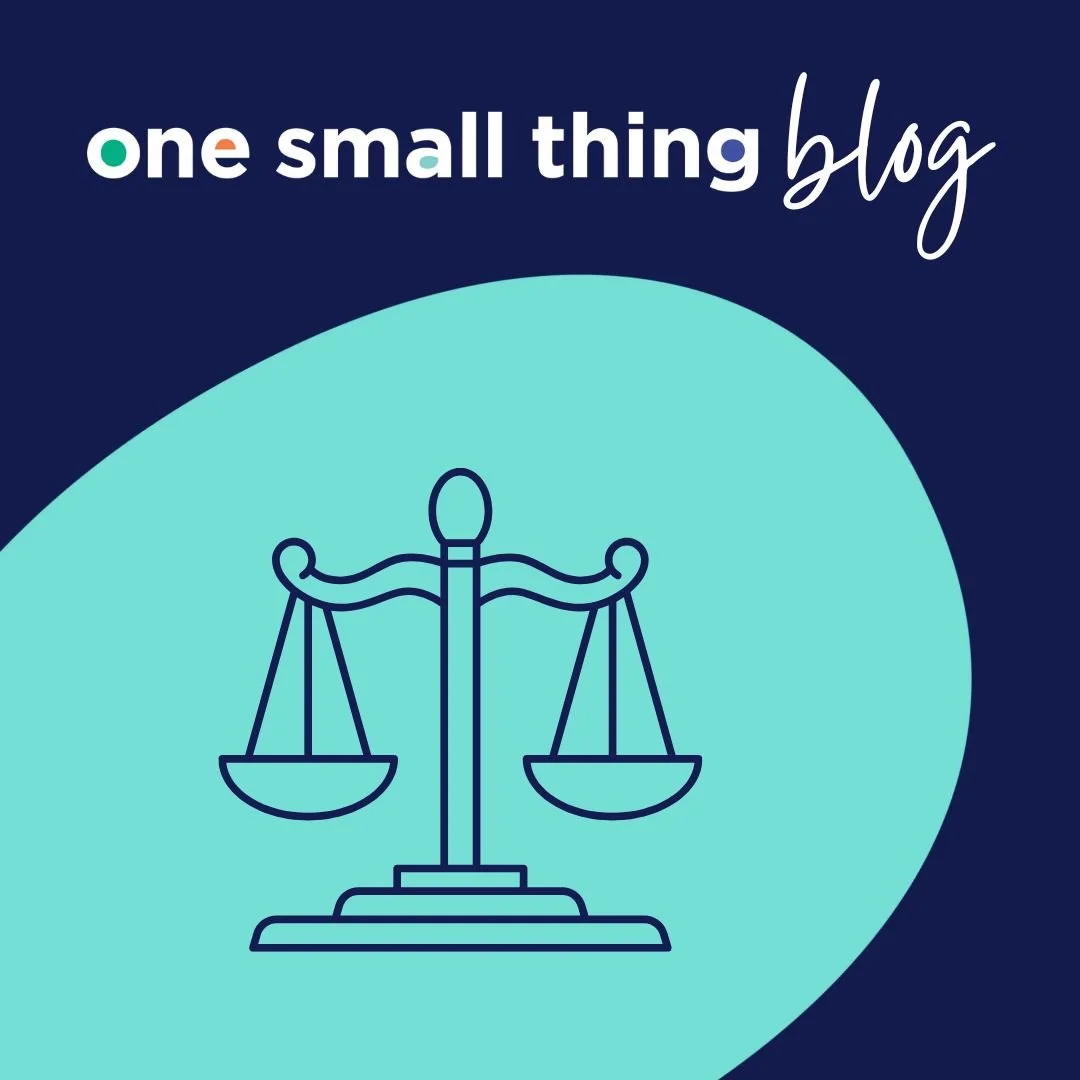Celebrating Women’s Achievements This Black History Month
Lilly Lewis, Women’s Involvement Advisor, One Small Thing
To mark Black History Month, Lilly Lewis, One Small Thing’s Women’s Involvement Advisor celebrates the achievements of black women activists and change makers. This year’s theme is ‘Saluting our Sisters’, and is an opportunity to highlight the crucial role that black women have played in shaping history, inspiring change, and building communities. Lilly shares more about Olive Morris, community leader and activist, as well as her friend Natasha Jonas who has made history in the boxing world.
We are now in October and Black History month is here. During this time we remember and celebrate those Black women and men who made history, but also to seek those who are making history now - this year’s theme is ‘Saluting our Sisters’. There were lots of Black people written about as activists and changemakers in America, but I found these articles were harder to find in UK.
"Racism isn't just an American problem" was a superb article I read by Oluwatayo Aoewole. This talks about George Floyd And the outrage on social media regarding how this man had been murdered by the police.
This made me think about brutality towards Black people in the UK.
The use of tasers in the UK is on the rise, and it is used more on black people. Black people are overrepresented in the prison system. The 2017 Lammy report states that black people are also given a worse time in prison. After reading the article, I made a promise to myself to help create change for Black women.
So after lots of research and careful thought, I decided to look into a political activist against police brutality in the UK, Olive Morris, as well taking the opportunity to celebrate my inspirational friend, the GB boxer Natasha Jonas.
Olive Morris – community leader and activist
Olive Elaine Morris (1952–1979)
by unknown photographer, c.1978© London Borough of Lambeth
I want to introduce those of you who don't know or haven't heard of Olive Morris. Olive was a political activist born on the 26th of June 1952 in Jamaica.
At the age of nine, along with her brother, she moved to Lavender Hill, South London, and there she attended Lavender Hill school for girls.
Although Olive left school with no qualifications, she went on to study at the London college of printing in the 60s and 70s. There was increased tension between police and black communities. There were increased attacks from racist groups such as the national front, black people were also discriminated against around housing and employment.
I actually remember in the 1990s when I was going for jobs. Although racism was and still is very present in employment, there was also major pressure on large companies to employ black people, and at the time I was able to get a job working for Royal insurance in Liverpool.
Olive became an activist against sexism, and racism. She joined the Black Panther movement youth section. Although the Black panther movement in the UK was short-lived, from 1968 to 1973 they worked to combat racial oppression, police brutality, discrimination in the workplace and miseducation of young black people.
Olive was also a founder of Brixton black women's group, which was one of the first black women's group in the UK. The black women's group existed from 1973 to 1985. It was a socialist feminist group which aimed to raise consciousness around the issues specifically affecting black women. In the first 2 years, the women would meet in members’ homes. I would love to be part of something like this. A safe space for black women to meet and speak together.
Despite the passage of the race relations act in 1965 Afro Caribbean people continued to experience racism. In 1976 Olive visited Italy and China in 1977, and on her return she wrote the piece, "A Sister’s Visit to China."
I always love to hear the word Sister, when talking to other black women. That one word, sister to me means solidarity.
In 1978 Olive visited Spain and became unwell upon her return to London. She was sadly diagnosed with non hodgkinson lymphoma and died on the 12th July 1979. A Lambeth council building was named after olive in 1986.
What an inspiring, amazing young woman, another great celebration of her life this Black history month.
Natasha Jonas- The first female Boxer to compete for GB Boxing
How could I write about amazing black women without talking about my friend, Natasha Jonas -beautiful, strong, inside and out.
I met Natasha around 2004. When I moved into a flat in Liverpool Natasha and I socialised together and had a similar friendship group. When I was struggling with poor mental health, Natasha would often help out on a morning, taking my daughter to school for me.
When I moved back to Spain in around 2011, we had no contact and did not until I was released from prison in 2019.
I did not like social media and was very frightened of it. However, I thought that Twitter was a great way to connect with people who like myself, wanted to make a change for women who were affected by the criminal Justice system. It was through Twitter that I reconnected with Natasha and was amazed how well she was doing in her boxing career.
Natasha took up boxing in 2005 and in 2009 became the first female boxer to compete for GB boxing and won GB amateur boxing championship in 2010. She has gone on to have fourteen wins, nine by knockout and two losses. When Natasha is not training, she spends lots of time travelling the world with her daughter, who she dotes on.
Another extraordinary thing about Natasha is her sister Nikita who has made her name as a footballer. Natasha and Nikita were born in Toxteth Liverpool, and are undoubtedly two of the most successful athletes to ever come out of Merseyside.
Let's not forget that Natasha made history last year, when she became the first woman to win boxer of the year at last years at the British Boxing Board of Control awards, this award came just a month after she had won her third world title in ten months.
So, when we are talking about young black women making history, I think you will agree, we should be applauding Natasha Jonas.
Written by: Lilly Lewis, Women’s Involvement Advisor at One Small Thing










